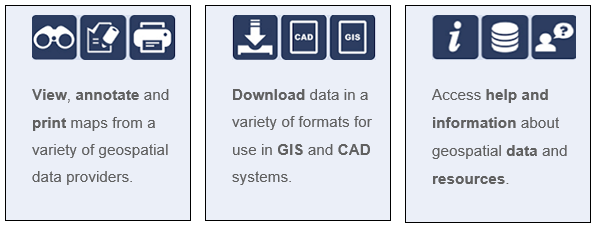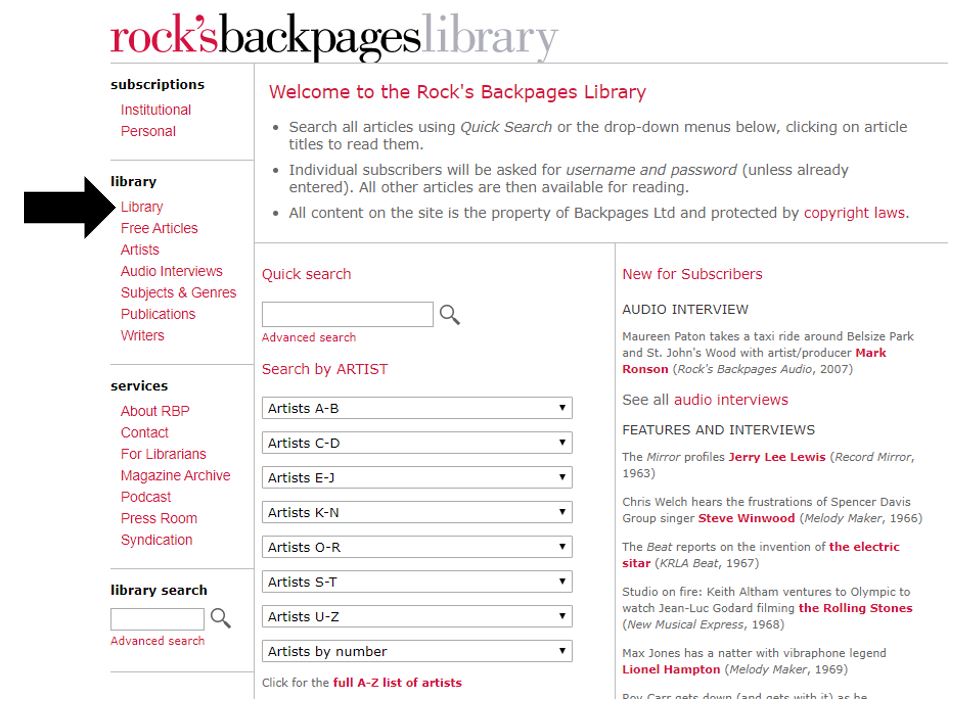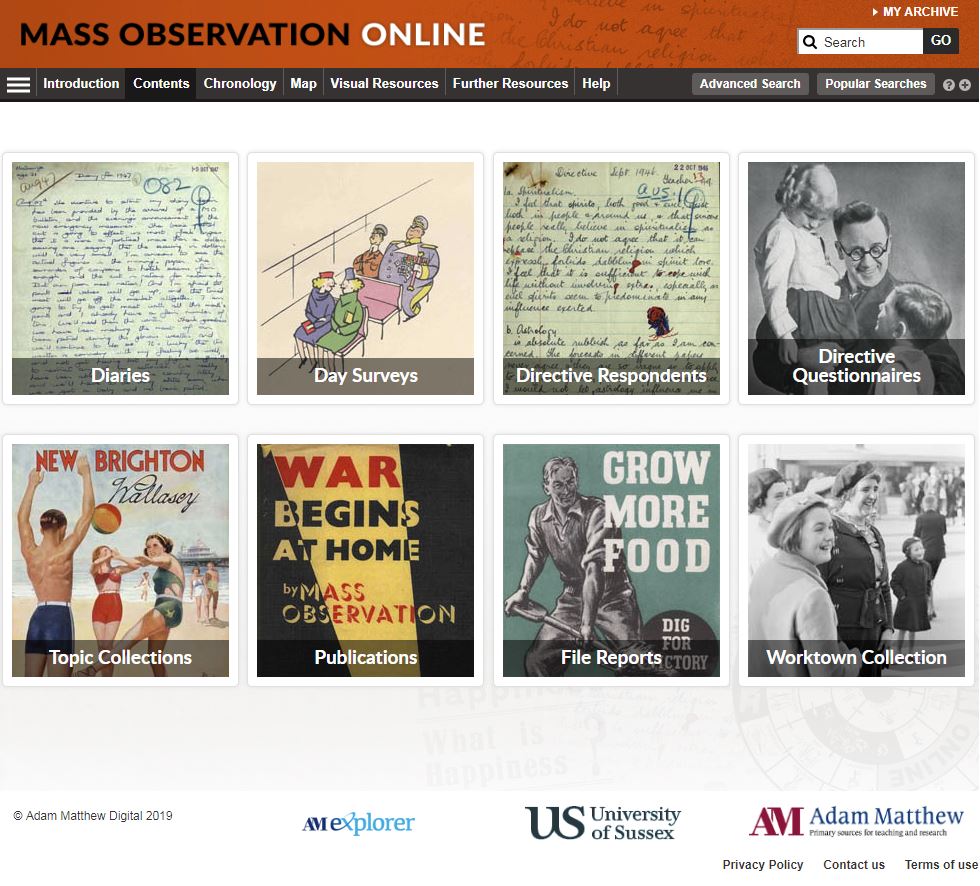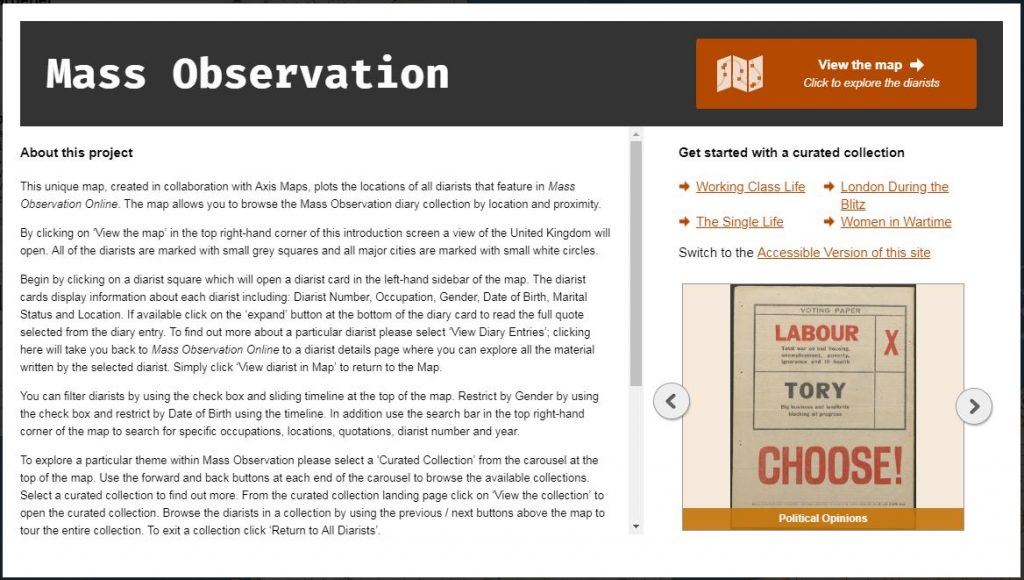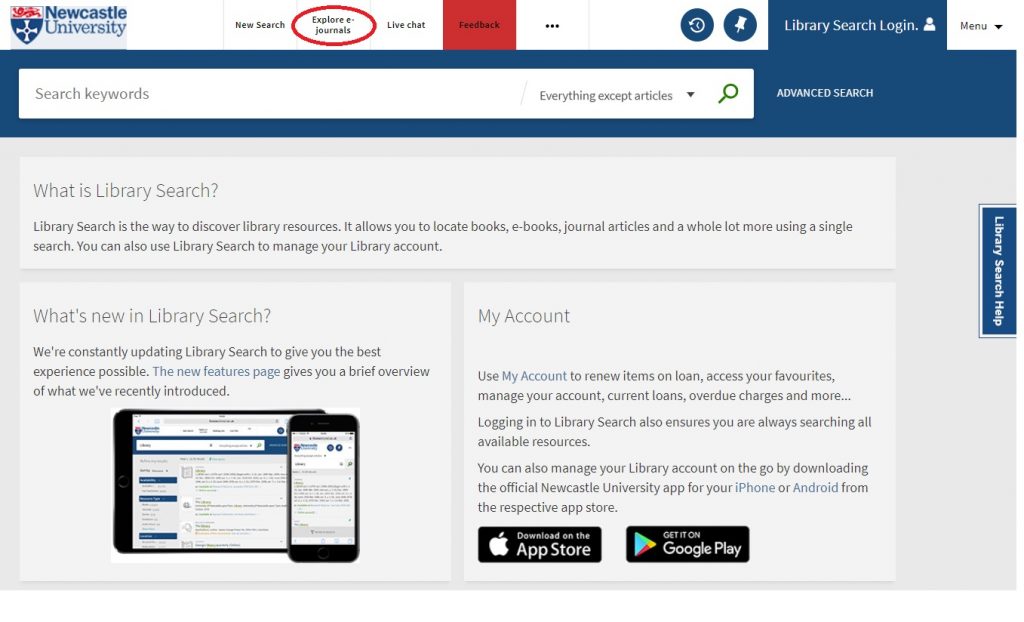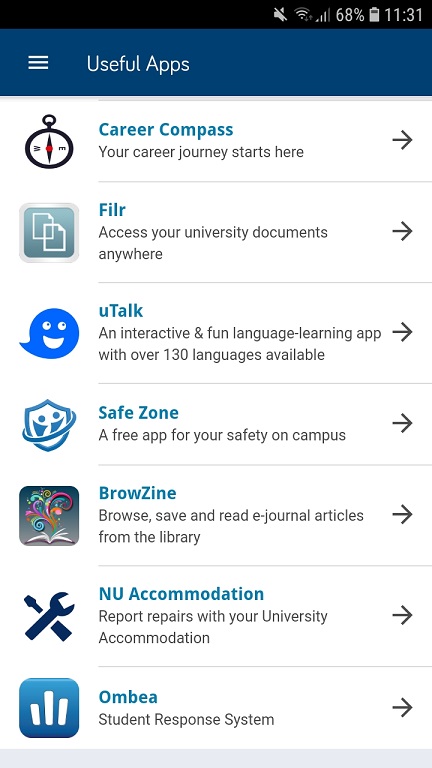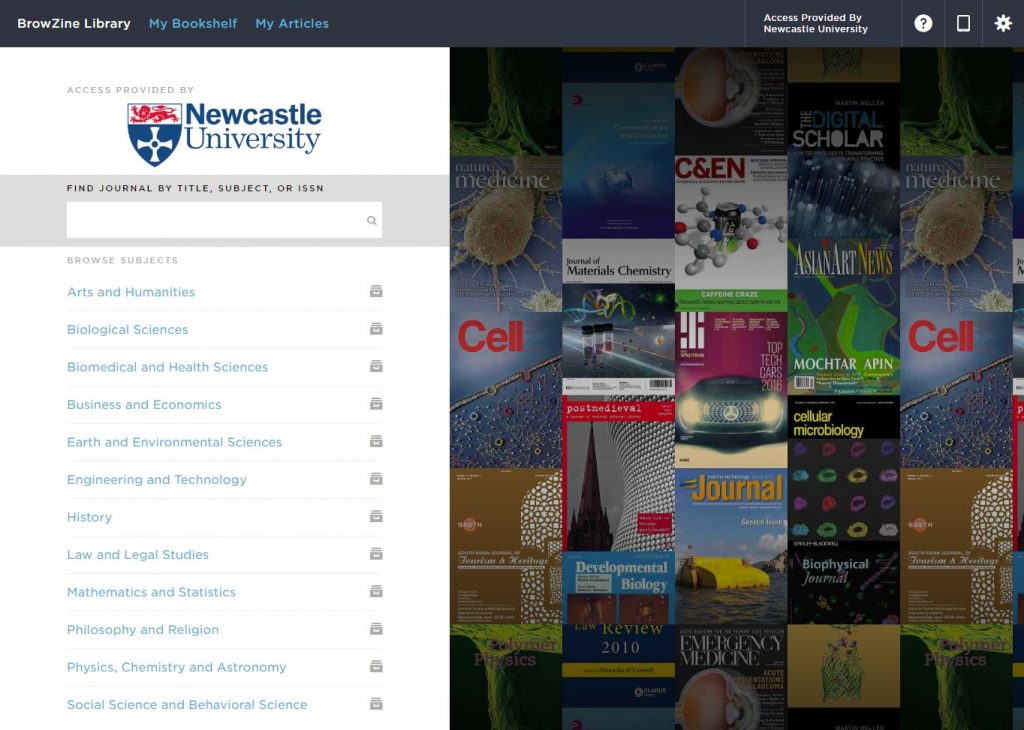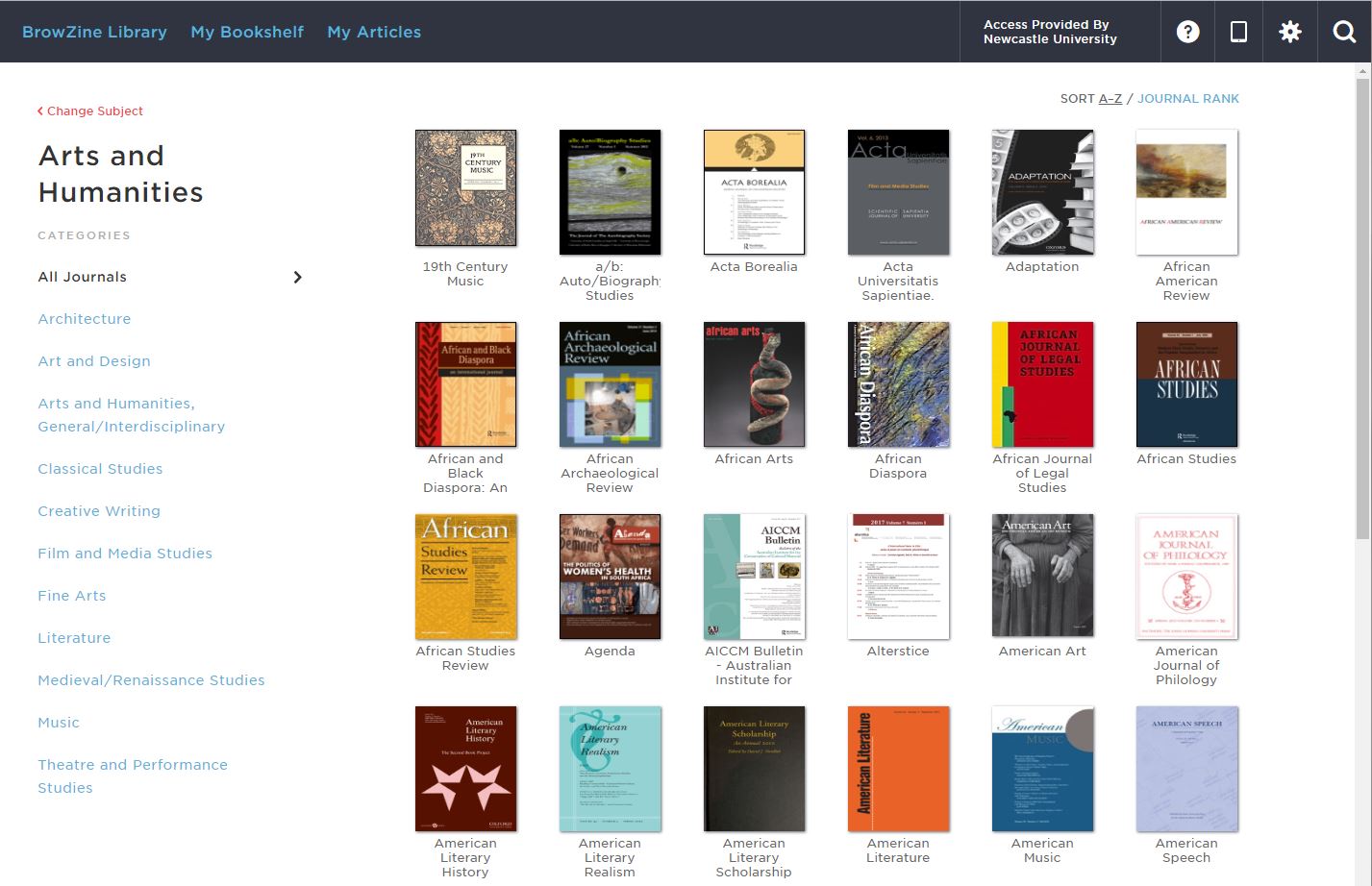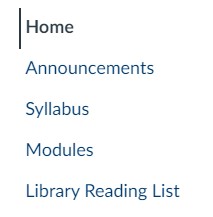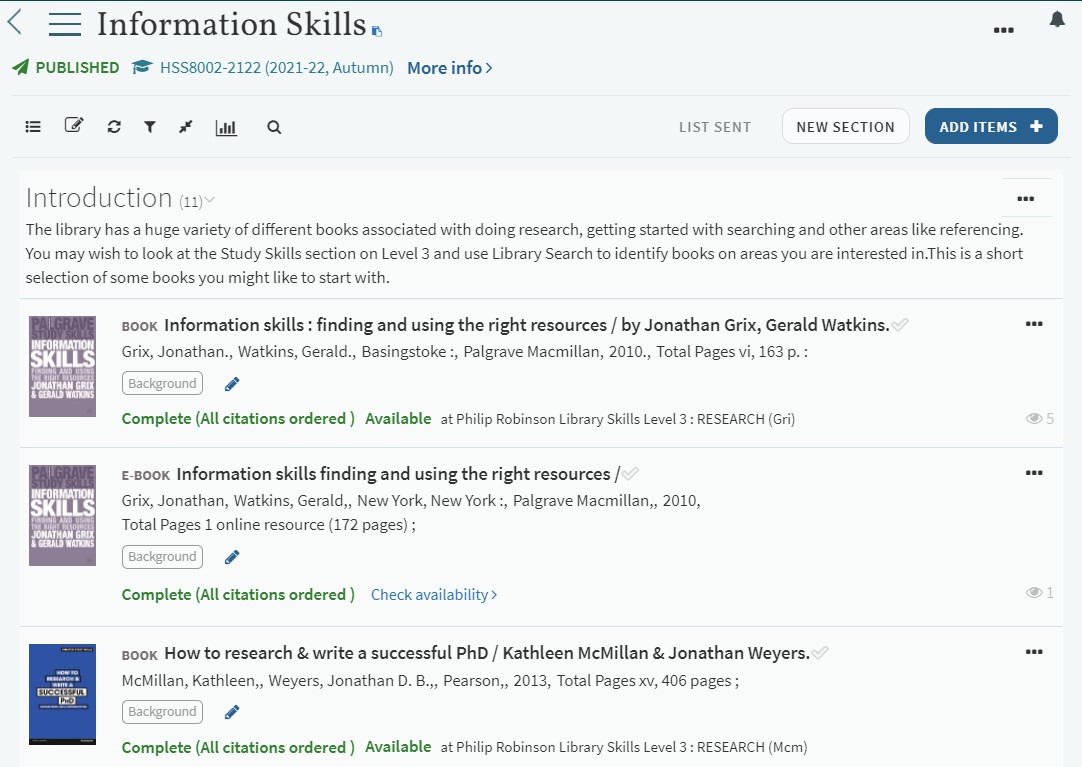Love books? We hope so. Do you want to know more? Take a journey into the history of the book with Literary Print Culture.
Literary Print Culture: the Stationers’ Company Archive, 1554-2007 is a resource which will show you the primary source documents from the City of London archives. Covering the history of the book, publishing history, the history of copyright and the workings of the early London Livery Company, explore the variety of documents to uncover the story of the role the Stationers’ Company played in the history of the book trade.
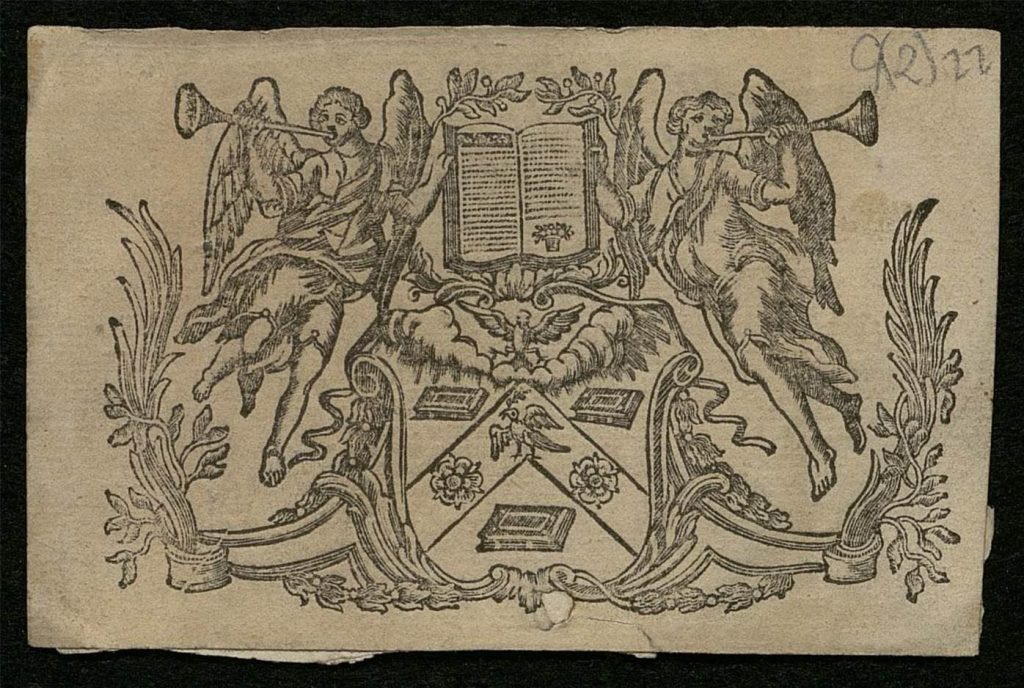
This archive contains a huge range of primary sources, showcasing a diverse range of material from the archive of the Stationers’ Company archive including:
- Constitutional Records
- Court Records
- Membership Records
- Financial Records
- Trade Records
- General Administrative Records
- Charities and Property Records
Before you begin, we’d recommend clicking Introduction, in which you can learn more about its scope and features.
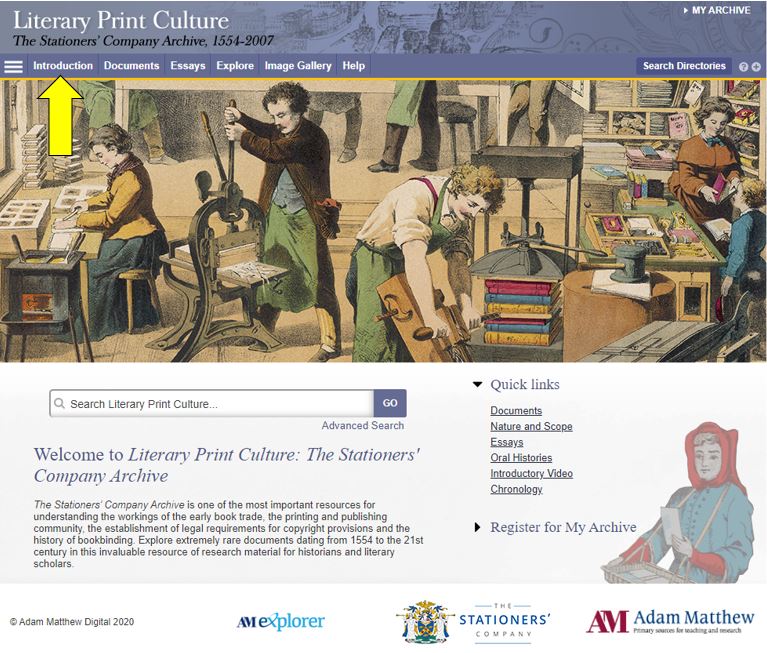
The primary sources are supplemented by contextual essays and other commentary to give you ideas for interpreting and exploiting the archive.
You can browse or search the archive contents by clicking Documents (to browse) or one of the two Search buttons. You can filter your search in various ways, e.g. by document type, year or theme.
For some of the documents in the archive, you can now use handwritten text recognition to enable you to search the handwritten items effectively. Split-screen viewing enables you to view a document and its index simultaneously.
Have you used Literary Print Culture? Please feel free to post your comments and experiences by clicking Leave a comment below.

